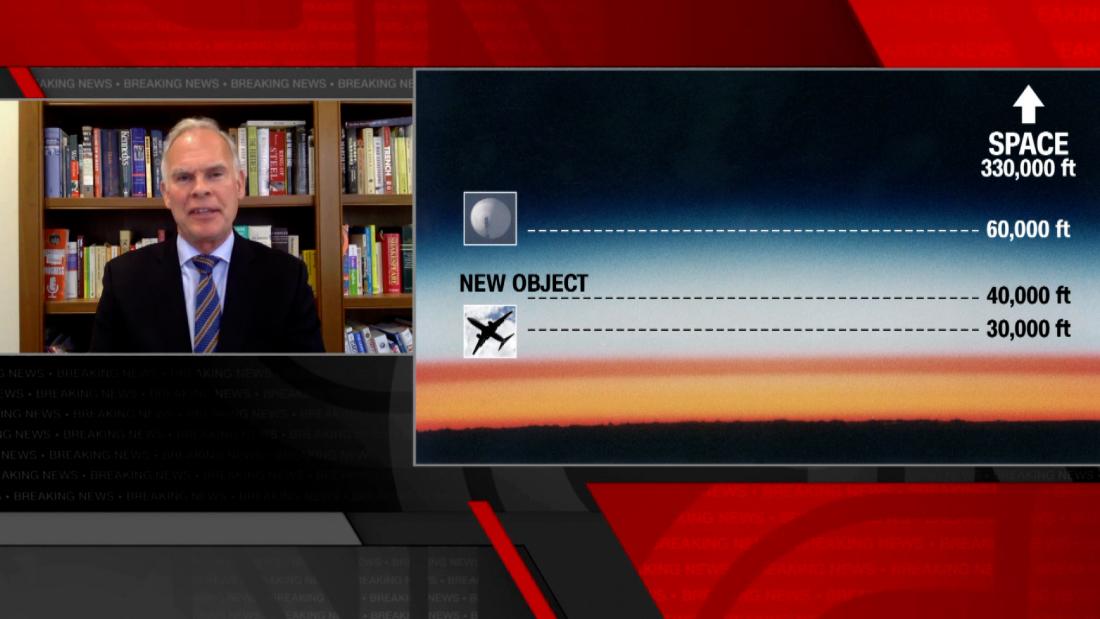Wisconsin High Court to Decide If Woman Was Within Her Rights to Kill Her Trafficker
The Wisconsin Supreme Court will consider if Chrystul Kizer, a woman who alleges being sexually assaulted and trafficked at 17 by Randall Volar, can argue that she legally killed the man under a 2008 state law that absolves sex trafficking victims of any crimes committed while they were being trafficked,

The Wisconsin Supreme Court will consider whether Chrystul Kizer can argue that killing the man who trafficked her was legal under a 2008 state law that absolves sex trafficking victims of any crimes committed while they were being trafficked, reports the Associated Press. Kizer alleges being sexually assaulted and trafficked at 17 by Randall Volar, the man she killed. But Kenosha County Circuit Judge David Wilk refused to allow Kizer’s attorneys to raise that argument, ruling that immunity extends only to trafficking-related charges, such as restraining someone, extortion or slave labor and arguing that extending immunity to homicide would be absurd.
Prosecutors maintain Kizer, who faces charges including arson, car theft and first-degree intentional homicide for shooting Volar in the head at his Kenosha home, burning his house down and stealing his BMW in 2018, planned to kill him. The overturning of Wilk’s decision by a state appellate court, which found that immunity applies to any offense that results directly from being trafficked, prompted the state Justice Department attorneys to ask the state Supreme Court to take the case; they say the shooting wasn’t a result of being trafficked because it was premeditated. Almost 40 states have passed laws over the last decade that provide sex trafficking victims at least some criminal immunity and Kizer’s case could set a precedent for how far that immunity extends.

 Landwebs
Landwebs 





















